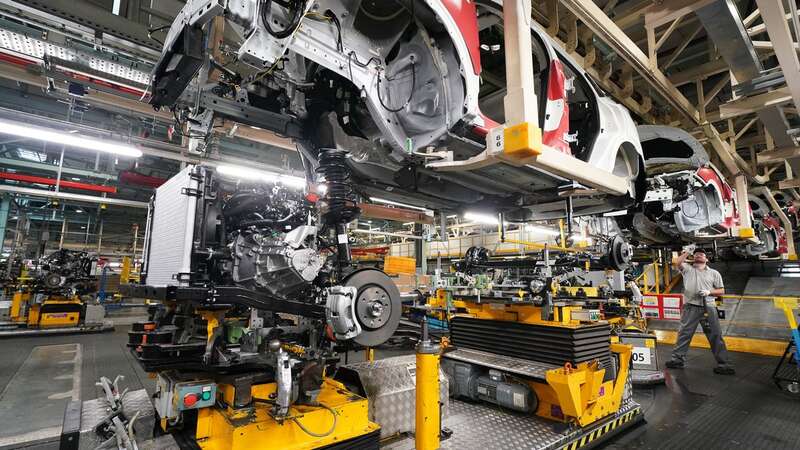
The UK's manufacturing sector has bounced back into growth this May, with production levels soaring and business optimism reaching a high not seen in over two years.
According to the latest S&P Global/CIPS UK manufacturing PMI survey, the index climbed to 51.2 in May, up from a dip to 49.1 in April. A reading above 50 indicates expansion, while below signals contraction. This surge in production is the fastest since April 2022, with consumer, intermediate, and investment goods all seeing growth. Companies are reporting an uptick in new work and are pushing hard to fulfil existing contracts.
Rob Dobson, director at S&P Global Market Intelligence, commented: "May saw a solid revival of activity in the UK manufacturing sector, with levels of production and new business both rising at the quickest rates since early 2022."
He added: "The breadth of the recovery was also a positive, with concurrent output and new order growth registered for all of the main subindustries (consumer, intermediate and investment goods) and all company size categories for the first time in over two years."
While domestic market strength was the main driver, there were also hints that international demand is edging towards stability. This rebound follows a challenging period for manufacturers, who have grappled with post-pandemic supply chain shifts, disruptions in the Red Sea, and economic uncertainty both domestically and globally.
 Martin Lewis’ MSE website shares tip to get free £175 and 7% interest on savings
Martin Lewis’ MSE website shares tip to get free £175 and 7% interest on savings
Despite a robust performance in output, the latest data might cause concern for the Bank of England's policymakers as sector-wide price increases indicate persistent inflationary pressures. Input costs continued to climb in May, although at a slower pace than in April, leading to the highest output price inflation in a year.
The Bank is on the lookout for clear indications that inflation is under control throughout the economy before considering a reduction in interest rates. Manufacturing sector growth, which makes up less than 10% of the UK's economic output, seemed to keep pace with the much larger services sector, which experienced its quickest expansion in nearly a year last month.
Business confidence has soared to its highest level since early 2022, with 63% of manufacturers expecting their output to increase over the next year. Companies are citing the wider economic recovery and a boost in export orders as reasons for their positive outlook.
Caroline Litchfield, partner and head of manufacturing and supply chain at Brabners, commented: "May could well prove to be a turning point for UK manufacturing after almost two years of weak output. While we are by no means out of the woods yet, manufacturers will be cautiously optimistic for the future given growth in the wider economy, inflation falling to manageable levels and the potential for interest rates to be cut in the coming weeks."
"A confirmed election date is also likely to boost business and consumer confidence, and firms will be hopeful of order books benefiting as a result. Longer term though, UK makers will want to see any incoming government setting out how it will help address the skills gap within the industry and support a shift to the modern, sustainable methods of manufacturing which will be the pillars of future growth."
Read more similar news:
Comments:
comments powered by Disqus

































